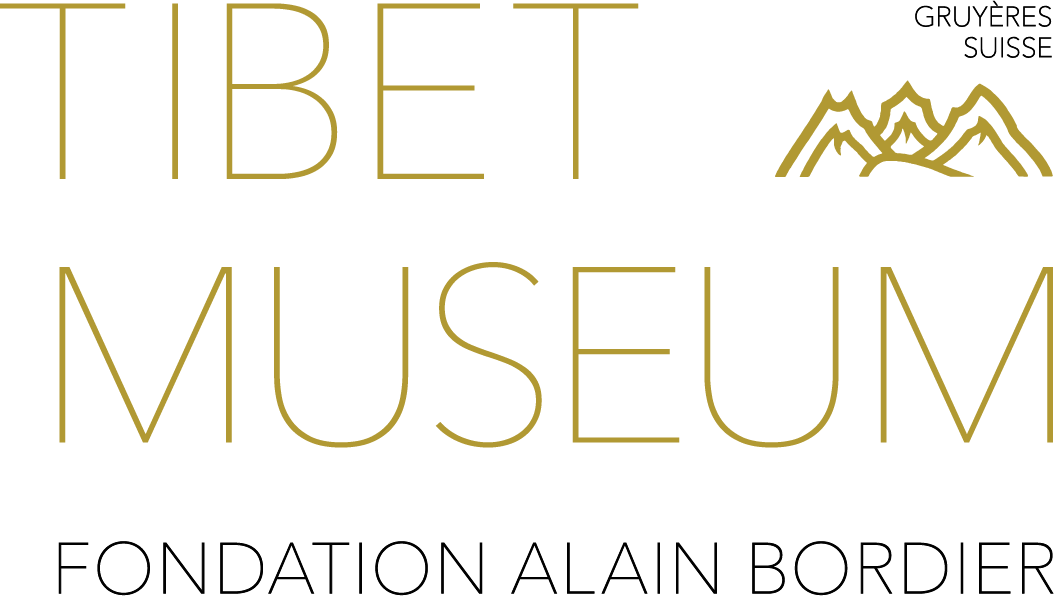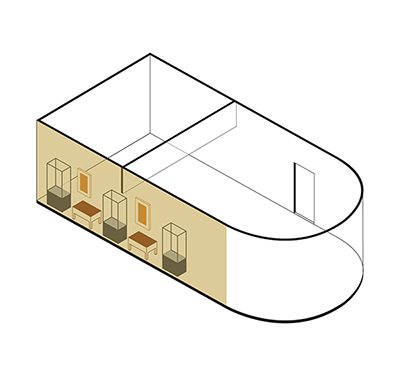ABS 078
Code: ABS 078
Country: Tibet
Style: Late Pala Style
Date: 1150 - 1250
Dimensions in cm WxHxD: 11 x 13.5 x 6.5
Materials: Brass
Buddha Shakyamuni “Vajrasana”
The Buddha is seated in the diamond attitude (vajraparyankasana) on a double lotus pedestal decorated with beaded borders and bearing the vajra emblem (vajrasana). He rests his left hand in his lap and extends the right hand in the gesture of touching the earth (bhumisparsha-mudra). With this gesture, the historical Buddha Shakyamuni “takes the earth as a witness” of his victory over his inner demons of doubt, the mara.
The upper monastic garment (uttarasanga) covers only the left shoulder and is draped without folds. This depiction of the historical Buddha reminds us also of the place of his awakening (enlightenment). Bodhgaya in northern India subsequently became the destination of Buddhist pilgrimages to the "eight holy places" (astamahasthana).
This image shows strong stylistic affinities with works produced in North-Eastern India in the Later Pala Period during the 11th and 12th centuries.
The Buddha is seated in the diamond attitude (vajraparyankasana) on a double lotus pedestal decorated with beaded borders and bearing the vajra emblem (vajrasana). He rests his left hand in his lap and extends the right hand in the gesture of touching the earth (bhumisparsha-mudra). With this gesture, the historical Buddha Shakyamuni “takes the earth as a witness” of his victory over his inner demons of doubt, the mara.
The upper monastic garment (uttarasanga) covers only the left shoulder and is draped without folds. This depiction of the historical Buddha reminds us also of the place of his awakening (enlightenment). Bodhgaya in northern India subsequently became the destination of Buddhist pilgrimages to the "eight holy places" (astamahasthana).
This image shows strong stylistic affinities with works produced in North-Eastern India in the Later Pala Period during the 11th and 12th centuries.






